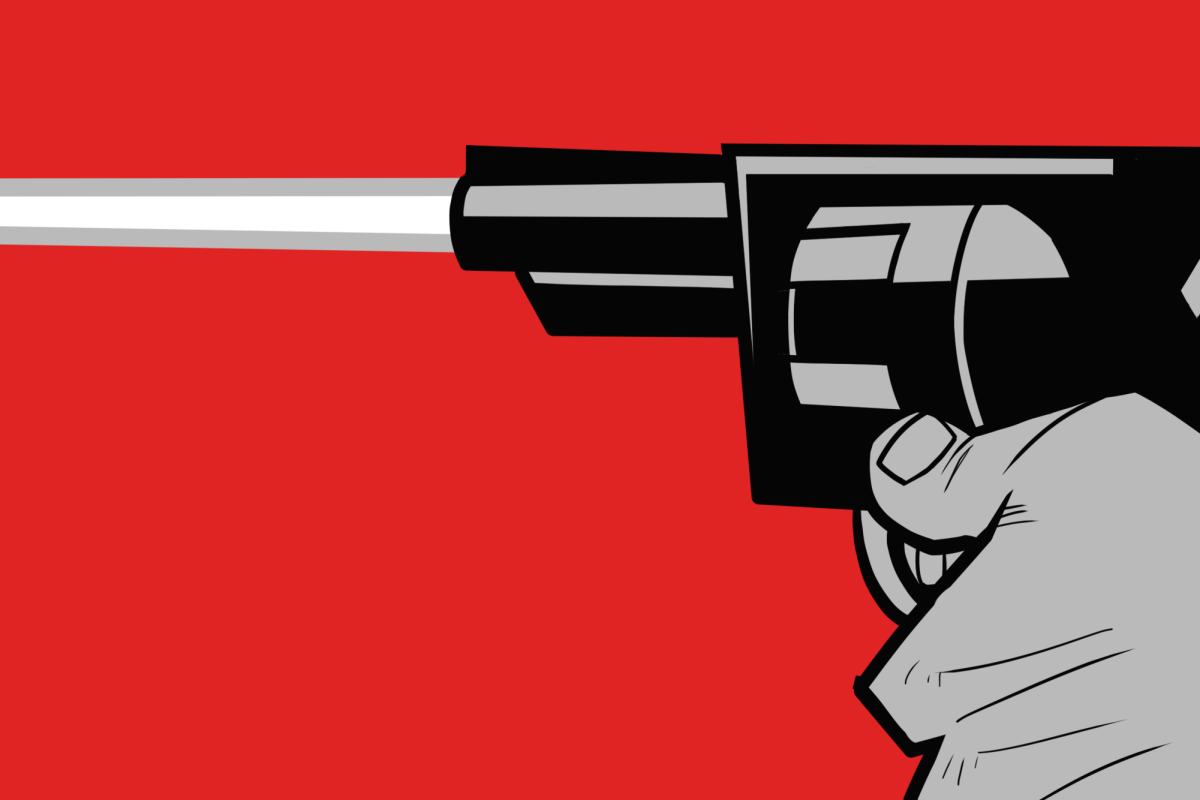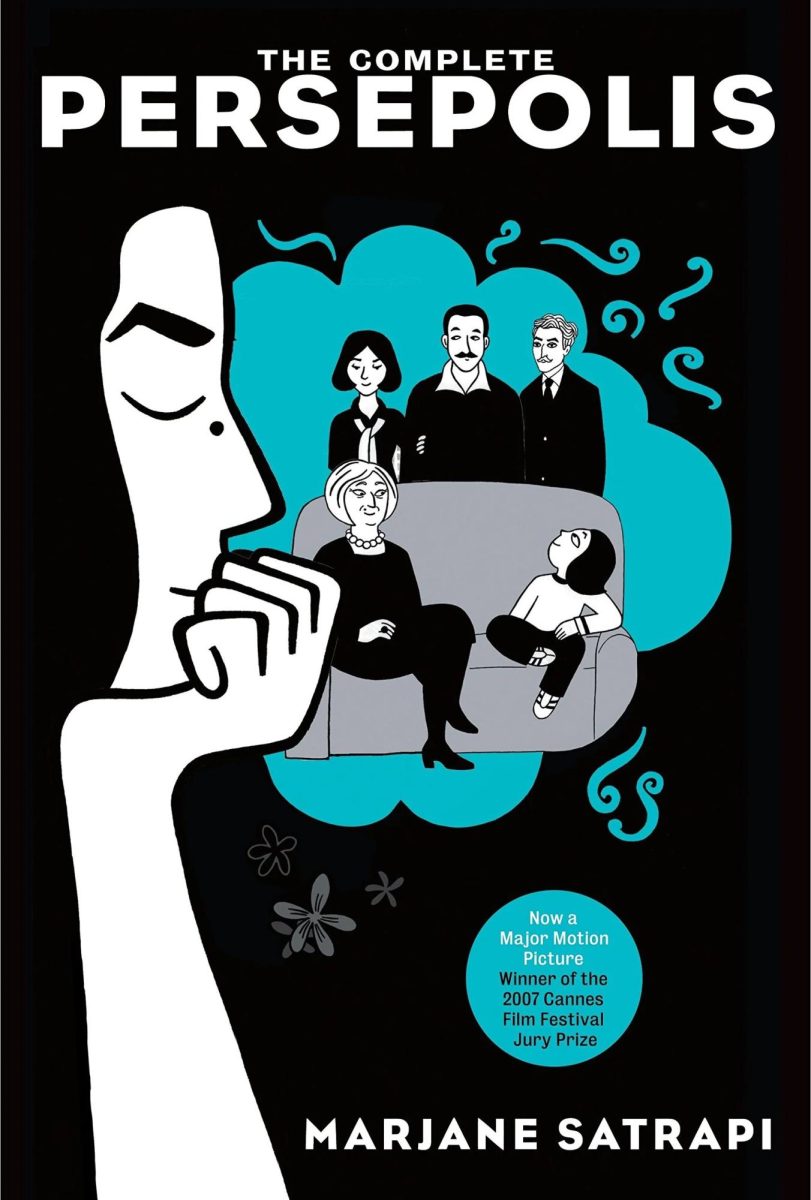Poliziotteschi, or ‘Eurocrime’, is a forgotten genre of films that was popularized in the 1970s. With their popularity coinciding with a time of great social and political turmoil in Italy, the films are known for their excessive violence, elaborate car chases and the portrayal of a hopelessly corrupt system. In my opinion, these films present an authentic power fantasy to appease an increasingly dejected population. I’m ashamed to say that I too am one of many Americans who have become captivated by true crime, which has made these films especially interesting to me. Given it’s National Crime Prevention Month, I feel this is the perfect opportunity to shine a light on these forgotten gems.
Bandits in Milan (1968)
A group of bandits wreak havoc across Milan with the police seemingly unable to catch a break. This film is often credited with being the first Eurocrime film and is based on the very real Cavallero gang whose robberies struck terror across North Italy. The story of Bandits in Milan is split between the perspective of criminals and cops in an interesting way. On the police side, the film plays out as a sort of faux documentary, giving insights into how crime has changed in Milan and how the police are handling the situation. When it shifts to the criminal perspective, we get a more character rich story with good banter and some entertaining action typically seen in a Eurocrime outing. The film acts like a sort of recreation of fictionalized events and does a good job at showing the desperation and opportunism that drives crime in Milan. The exploration of motivating factors, strategic planning done by our criminals and one of the greatest car chases in Italian cinema I’ve seen yet make this one well worth a watch.
Milano Calibre 9 (1972)
After a large sum of money goes missing, a gang sets their sights on recently paroled thief Ugo Piazza, who of course insists upon his innocence. The ’70s were the height of the eurocrime craze and this film delivers an exhilarating dive into the world of Italian crime cinema. Our protagonist Ugo is a man just trying to get by after three years in the can. He’s being constantly harassed by goons and is struggling to find his place in a somewhat unfamiliar world. Crime has changed a lot in Milan and it seems even his once influential friends are powerless to help him. The characters in this film are very strongly written because each one has varying perspectives and personalities that clash in compelling ways. The film’s characters also offer different perspectives on the roots of crime and inject some nice political depth into an already solid narrative.
Rabid Dogs (1974)
Following a successful heist, a gang of criminals, hostages in tow, flee across the Italian countryside with the police in hot pursuit. This Eurocrime classic was directed by Mario Bava, who is known for influential horror classics like Bay of Blood. Though his films typically have a more vibrant and gothic setting, Rabid Dogs is a nice change of pace, with the Italian country befitting its hopeless narrative. This film is a masterclass in tension building and psychological drama, carrying common themes within Bava’s work of ulterior motives and distrust in others.
It’s a deeply nihilistic narrative with a lot of disturbing twists, implications and a host of ultraviolence to boot. This raw and relentless thriller is a must see for fans of gritty and intense crime thrillers.
Heroin Busters (1977)
An irritable Interpol agent teams up with an aloof undercover cop to smash an international smack smuggling operation. When talking about Eurocrime, I’d be remiss to leave a film by Enzo Castellari off the list. Throughout the 1970s he directed a slew of Eurocrime classics like ‘The Big Racket’ and ‘High Crime’. Heroin Busters is one of my favorite films from Castellari’s Eurocrime collection because it has great action, incredible stunt work, and solid leads: David Hemmings and Fabio Testi fit right into their roles. Their contrasting personalities are a lot of fun and their comical dynamic is a personal highlight of the film for me. Like many of Castellari’s films, it’s got good wit, humor and great payoffs. It also has, in my opinion, one of the best final acts in any Eurocrime film.
The Rebel (1980)
Nicola Rossi, an Italian cop, goes undercover to dismantle an international blackmailing operation after his former partner is killed. Coming in at the tail end of the eurocrime craze, The Rebel’s elaborate undercover plot befitting this tale of revenge and deceit certainly didn’t disappoint. Watching Nico meticulously assemble and maintain his cover identity under mounting pressure is very engaging.I thoroughly enjoyed watching him manipulate each piece of the criminal chessboard against one another. Though released when Eurocrime was in its death throes, The Rebel doesn’t disappoint, bringing tension, thrills and some good storytelling that makes it a worthwhile watch.








